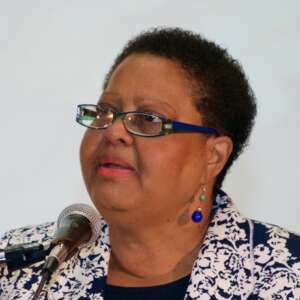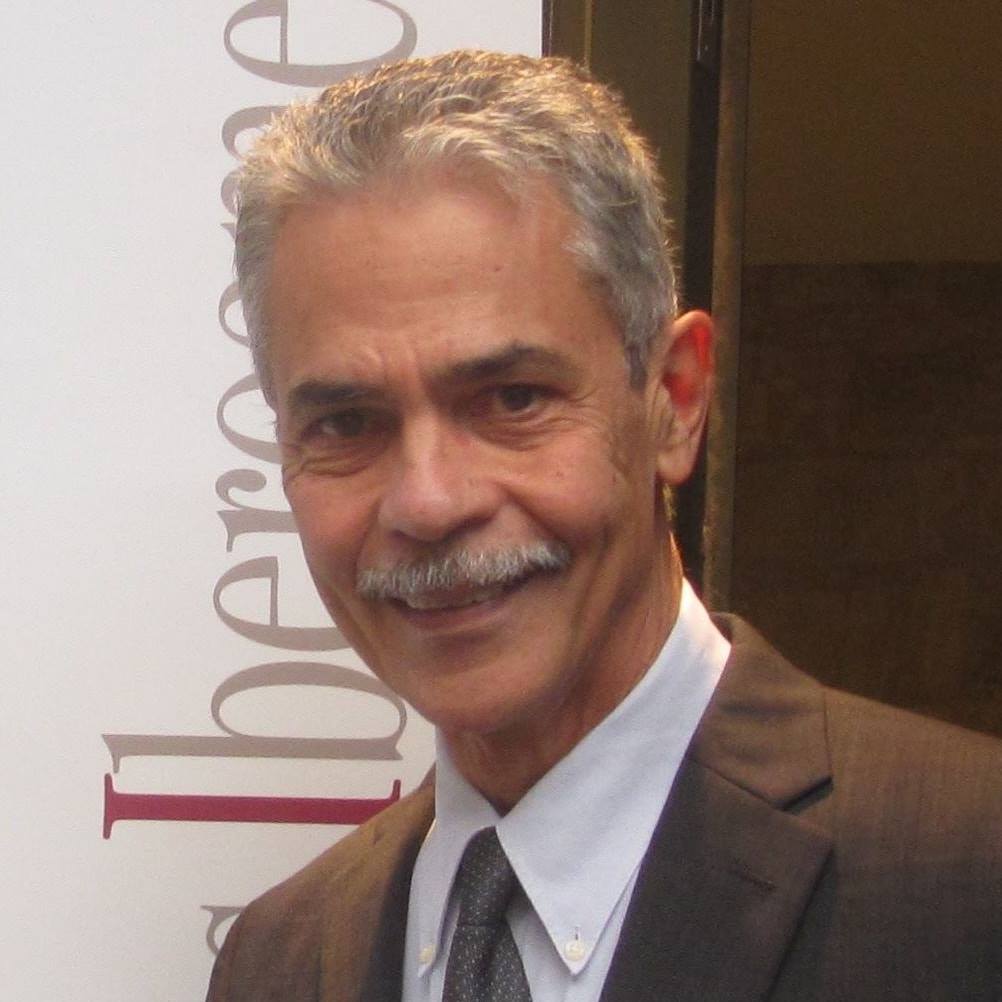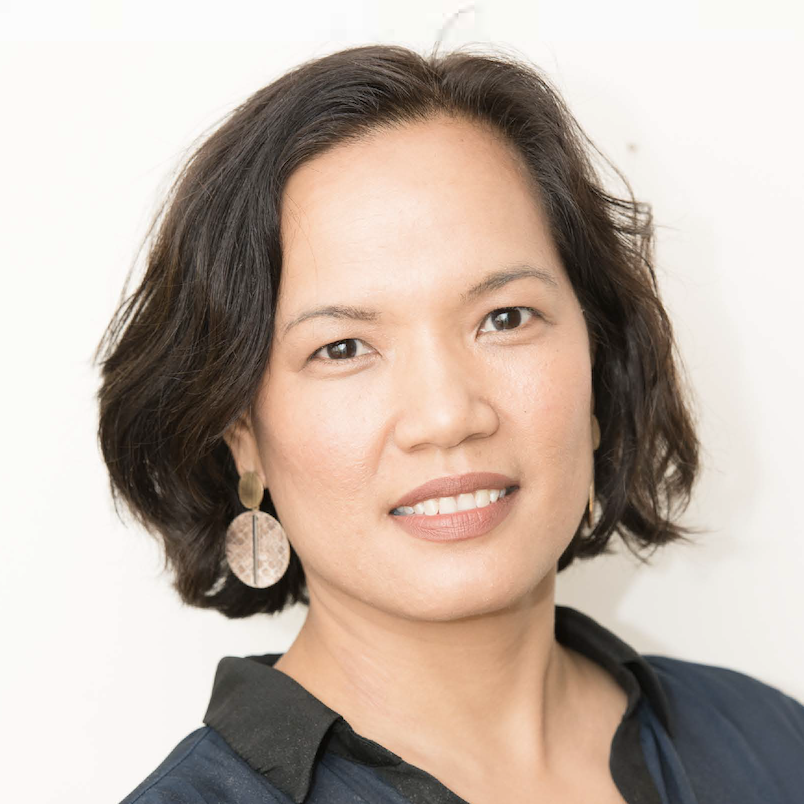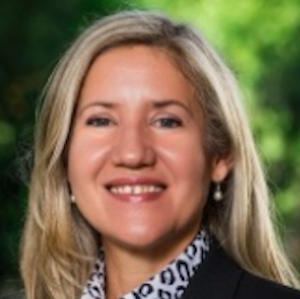Plenary 1: Indigenous Voices of the Caribbean Decolonizing Churches and Christianity: Opening the Discussion
“Decolonizing Churches” will open on Wednesday evening with a plenary session and discussion led by two outstanding scholars who have been active for decades in decolonializing Puerto Rico and the wider Caribbean. The discussion will include questions concerning the very definition of what “indigenous” means in the Caribbean, especially concerning persons of African descent; the relationship of race and gender in the Caribbean context; the extent to which the iglesia autóctona or indigenous churches have decolonized Christianity; and the intersections that need to be made with decolonizing churches in other parts of the world.
The island nation of Puerto Rico is a fitting location in which to hold this opening plenary session. Puerto Rico is the oldest existing colony on Earth today. Since 1493 the island nation has been under two consecutive colonial rules, first Spain, and then since 1898, the United States of America. In spite of the differences between those imperial powers, both colonization processes share important features regarding the imposition of hegemony through military, economic, political, cultural, and religious instruments. While Spain imposed its rule by the sword, the plantation, and slavery, it also used the Spanish language and the Catholic religion as instruments of domination. The American domination of the island has also relied on military, economic and political power, and has included attempts to impose Anglo-American cultural values, including Protestantism. Although the people of Puerto Rico adopted a constitution in 1952, it was a failed exercise in self-determination. Today, the peoples of Puerto Rico face a severe crisis as its limited political autonomy is proving to be incapable of protecting its people from the damages resulting from neoliberal policies, climate change, and global pandemics. These issues are the immediate backdrop for the wider conversation of this opening plenary session.
Palmira N Rios González, Dean of Academic Affairs (2015-2016) of Recinto de Río Piedras de la Universidad de Puerto Rico, and interim Dean of Seminario Evangélico de Puerto Rico. She earned her MA in Caribbean Studies from Fisk University, and her Ph.D. from Yale University. Over the years she has served on numerous boards and commissions for civil and human rights, including the Puerto Rico Civil Rights Commission, which she chaired for four years; Coordinator of the Academic Team of the Special Council to Address Social Inequality in Puerto Rico; and as a member of the International Coordinating Committee of the 3rd World Conference Against Racism (Durban 2001). She is one of the founders of Instituto Puertorriqueño de Estudios en Raza e Identidad (IPERI). She has also written and edited numerous publications, including Contrapunto de género y raza en Puerto Rico (2005).
Luis N. Rivera-Pagán is the Henry Winters Luce Professor of Ecumenics and Mission Emeritus at Princeton Theological Seminary. A graduate of Seminario Evangélico de Puerto Rico (MDiv) and Yale University (PhD), he is the author of numerous publications. Among his books are Mito exilio y demonios: literatura y teología en América Latina (1996), Evangelización y violencia: La conquista de América (1990) / A Violent Evangelism: The Political and Religious Conquest of the Americas (1992), and Ensayos teológicos desde el Caribe (2013); and he is the editor of God, in Your Grace …: Official Report of the Ninth Assembly of the World Council of Churches (2007). His chapter, “Towards a Decolonial Theology: Perspectives from the Caribbean,” is included in Raimundo Barreto and Roberto Sirvent, eds., Decolonial Christianities: Latinx and Latin American Perspectives (2019).
Plenary 2: Decolonizing Filipin@ Christianity among Migrant-Settlers
The year 2021 marked the 500th year anniversary of the entry of Christianity into the Philippines. It was an opportunity to celebrate and reflect on Christianity as a gift to Filipin@s all over the world. It was also an opportunity to view the violent entry of Christianity into the Philippines and its ongoing intergenerational effects through a postcolonial theological lens. Here the use of ’post’ is suggestive of a desire to move beyond colonialism in all of its current manifestations. This address will present the complexities of decolonizing as a Christian Filipina/o living on colonised lands such as Australia, USA and Canada. One such complexity is the reluctance to critically reflect upon Christianity, given its central role as a support to the migrant-settler. Even when the desire to decolonize presents, this does not automatically lead to an embrace or actual practice of decolonizing methodologies, and can even leadto romanticize a pure past and reject anything, thereafter, including Christianity itself. Though there are a number of Filipin@ migrant-settlers who have rejected anything Filipino, there is an oncoming generation pursuing their indigenous Philippine roots through online decolonizing groups. This keynote intends to outline some of the theories, traps, and activities involved in decolonizing which coincidentally align with Pope Francis’ agendas of synodality, integral ecology, and integral human development.
Cristina Lledo Gomez is a systematic theologian and the Presentation Sisters Lecturer for BBI-The Australian Institute of Theological Education. She is also a Religion and Society Research Fellow for Charles Sturt University’s Public and Contextual Theology Centre. A graduate of University of Divinity (MTh) and Charles Stuart University (PhD), she is the author of Church as Woman and Mother: Historical and Theological Foundations (2018) as well as a number of articles and chapters in other edited volumes. She is currently working on her second book A Babaylan-Inspired Theology from Australia, as well as a number of articles and chapters in edited volumes. In 2020 she was the recipient of the Catholic Theological Society of America Catherine Mowry Lacugna Award for her essay “Mother Language, Mother Church, Mother Earth,” an exploration of the Catholic rhetoric on mothering as it affects the way women, the earth, and indigenous peoples are treated.
Plenary 3: Decolonizing Synodality By Engaging Those at the Existential Peripheries
As Catholics enter the final year in their global preparation for the Synod on Synodality that will take place in March 2023, this address will explore how Pope Francis’s advancement of the praxis of synodality is related to the praxis of decolonizing. Specifically, it will argue that Francis’s summons for Catholics in this process of synodality, and for all Christians, to engage those at the existential peripheries—the poor, the migrants, the disaffiliated, the victims of violence, and those others at the margins and beyond our borders (people of color and diverse cultures, other Christian churches, and those from other religious and cultural traditions), in other words, all those who suffering from the consequences of neo-liberalism and neo-colonialism—and to consider affiliated decolonizing agendas beginning with Quijano and Mignolo.
Bradford E. Hinze is the Karl Rahner, S.J., Professor of Theology at Fordham University in New York. He has written several books on ecclesiology including Practices of Dialogue in the Roman Catholic Church: Aims and Obstacles, Lessons and Laments (2006), Prophetic Obedience: Ecclesiology for a Dialogical Church (2016), and forthcoming in June 2022 Confronting the Church in Controversy (2022). He has written about decolonizing and synodality in: “Dreams of Synodality, Specters of Constraint,” Louvain Studies 38 (2020) 297-312 and “Decolonizing Everyday Practices: Sites of Struggle in Church and Society,” Presidential Address, Catholic Theological Society of America Proceedings 71 (2016): 46-61.
Plenary 4: Decolonizing Ecumenism: Latin America and the Ecumenical Movement
This plenary will explore developments and changes in the Latin American ecumenical journey with special attention to neglected memories and marginalized histories. It will highlight five emphases representing specific moments in Latin American ecumenical history, moving from a Eurocentric understanding of ecumenism to polycentric and fluid ecumenical perspectives that interweave multiple religious, social and cultural experiences and voices, thus decentering imperial Christianity: Christian unity and evangelization; social responsibility and nation formation; inculturation and contextualization; revolution and liberation; and decoloniality and interculturality. By revisiting the trajectory of the Latin American ecumenical movement and its transformations, this plenary will seek to advance a renewed and enlarged ecumenical vision, engaging emerging ecclesial realities, and pointing to new ways of living ecumenically.
Raimundo C. Barreto Jr. is Associate Professor of World Christianity at Princeton Theological Seminary, where he earned his PhD in Religion and Society. He has degrees from the Seminário Teológico do Norte do Brasil and McAfee School of Theology/Mercer University. Prior to coming to Princeton, he taught in Brazil and served as director of freedom and justice at the Baptist World Alliance (BWA). At Princeton, he is one of the conveners of the World Christianity Conference, which will hold its fourth edition in 2023. He currently chairs the Committee on Christian Unity and Interfaith Relations of the American Baptist Churches USA and is the general editor of the World Christianity and Public Religion series, published by Fortress Press. He has authored and co-edited a number of publications, including Evangélicos e Pobreza no Brasil: Encontros e Respostas Éticas (2019), World Christianity, Urbanization, and Identity (2021), Migration and Public Discourse in World Christianity (2019), Decolonial Christianities: Latin American and Latinx Perspectives (2019), and the forthcoming Protesting Poverty: Protestants, Social Ethics and the Poor in Brazil (2023).
Plenary 5: The Church Underneath the Ground
Often the Church is called to look upward and to seek the divine light as means of worship and to find answers to the earthly troubles and daily trials that life might bring. Via an ascent to the mountaintop one can gain insight since distance from the limitations of materiality can guarantee some form of freedom even from societal oppressions. Yet what would it mean for believers to also follow in the footsteps of ancient sages and journey into the cavernous depths of the earth for the sake of awakening to wisdoms seemingly forgotten upon coloniality? Rather than an escape from the world of flesh, the darkly hidden can lead to an apophatic disruption of imperial ideologies. For this, an additional step would be required: a rediscovery of the Church underneath the ground still present in the empty tomb of Jesus, the iconographic stories of the early church, and of the origins of the Caribbean indigenous. What would undergoing such a process of darkening depth mean for the Church? This plenary lecture will seek to explore the trope of cavernous depth as a theological locus with which to recover the elements of fecundity and rebirth implied in the faith’s pursuit of a resurrected life.
Elaine Padilla is Associate Professor of Philosophy and Religion and Latinx and Latin American Studies at the University of La Verne. As through her book Divine Enjoyment (2015), she has engaged the apophatic tradition in Christianity to emphasize a metaphysics of relationality, passion, and enfleshment. She has also authored several articles and chapters of books and lectured on the trope of darkness. Her other publications include three volumes on theology and migration that she edited with Peter C. Phan. She is currently working on a manuscript tentatively titled The Darkness of Being where she delves into the concept of dark luminosity as a tool of refusal of imperializing totalities (such those established by coloniality) and of cultivating authenticity in processes of subjectification. The Caribbean (particularly Cuba and Puerto Rico) and U.S. Latinx experiences serve as historical points of departure from which she contextualizes the philosophical and theological explorations of the darkness of being.





